The 9th Summit of D-8 Organisation for Economic Cooperation was held in Istanbul on October 20, 2017. This marked the 20th anniversary of founding of D-8.
The original initiative was taken in 1997 by Turkish Prime Minister Necmettin Erbakan who was known for his pan-Islamic views. It sought cooperation among major Muslim developing states, namely, Bangladesh, Egypt, Indonesia, Iran, Malaysia, Nigeria, Pakistan and Turkey.
The theme of the latest Summit was “Expanding Opportunities through Cooperation” to pave the way for cooperation between member states in fields of trade, investment and people-to-people contacts.
Pakistan was the Chairman of D-8 since 2012. The Istanbul Summit was attended by President Erdogan of Turkey, President Muhammadu Buhari of Nigeria, and Prime Minister Shahid Khaqan Abbasi of Pakistan. President Ilhan Aliyev of Azerbaijan and President Alpha Conde of Guinea also attended as guest members.
Also Read: Saudi Arabia Wins Bid to Host World Expo 2030
In his speech, Prime Minister Abbasi noted that Pakistan’s focus at present was on upgrading its communications, energy infrastructure and enhancing regional connectivity under CPEC. It looked to enhanced trade and economic partnerships with D-8 member states through stronger rail, road, air and sea links.
He felt that progress achieved so far by D-8 “falls short of our expectations, necessitating measures to accelerate momentum for stronger partnership.”
Stagnation of intra-D8 trade
There had been stagnation of intra-D-8 trade and he apprehended that the target of $500 billion, envisaged in the 2008 Kuala Lumpur Summit, might remain elusive.
Also Read: 148 Products from Indonesia Promoted at Sarawat Superstore Jeddah
Abbasi wanted implementation of the various instruments aimed at facilitating trade, especially preferential trade, small and medium enterprises, customs, simplification of visa and civil aviation.
Abbasi said that as a group, D-8 has vast potential and resources. The member states needed to renew their commitment to accelerated realization of its vision and objectives.
“We also aspire for it to have a stronger voice at the international level.” The objectives of D-8 are to improve member states’ position in global economy, diversify and create new opportunities in trade relations, enhance participation in decision-making at international level, and improve standards of living.
The combined population of the eight countries is about 60% of world Muslims, or 13% of the world’s population. Transactions between these eight countries account for 3.3% of world trade.
Also Read: Packaging Industry Supports Halal Ecosystem
Hardly trade among themself
The D-8 countries include three leading oil-exporters viz. Iran, Nigeria and Indonesia. Economies of Turkey and Malaysia have performed well, whereas Pakistan and Bangladesh have big markets, due to large populations and rising economies.
But all of these countries mainly have business dealings with third countries and hardly trade among themselves, wrote Shahid M. Amin in his article for Pakistan Observer.
They export similar products, notably, oil, textiles, ready-made garments, and carpets. They are often each other’s competitor. They have settled markets mostly in the West or Far East.
A major shift of trade direction is not easy. Their communication links need to be improved to provide better access to each other’s market.
Also Read: Indonesia-Japan Agree on Energy Transition Cooperation
In particular, D-8 is spread over a vast area with Nigeria being far away from Indonesia.
In some ways, D-8 reflects the history and experience of ECO (Economic Cooperation Council). ECO itself was the successor of RCD (Regional Cooperation for Development).
RCD was set up in 1964 by Pakistan, Iran and Turkey. After Iranian Islamic Revolution in 1979, Iran decided to quit RCD which was disbanded. But in 1985, Iran itself took the initiative to revive it under a new name ECO, which was thereafter expanded by including Afghanistan, Azerbaijan, Kazakhstan, Kyrgyzstan, Turkmenistan and Uzbekistan.
In Pakistan, the official media makes much of these bodies, and gives an exaggerated depiction of their activities and importance.
Also Read: Dubai Expo 2020 Holds Special Event for Palestine
That creates both illusions and false expectations. The hard fact is that neither the original RCD, nor its revived version ECO, nor D-8, have been able to make much headway.
There are several reasons for this phenomenon. In case of ECO, one factor is the small size of the market due to small populations of Central Asian countries. Kyrgyzstan and Turkmenistan each has 6 million (Karachi alone has 18 million).
Tajikistan has 9 million, Kazakhstan has 18 million and Uzbekistan has 31 million. Russian influence remains strong in Central Asia and limits the latter’s freedom of manoeuvre.
Afghanistan is very poor and has been in a state of war since the 1970s. Iran had a long war with Iraq and has been facing all kinds of sanctions from the West.
Also Read: Indonesia Increases Excise on Tobacco Products by 2022
Currently, it is involved in a cold war with Saudi Arabia and some Gulf States who are close friends of Pakistan.
This has been a factor in lethargic progress on the Iran-Pakistan gasline project. Pakistan’s traditional markets are in USA, Europe, Japan, Korea, and increasingly in China, rather than in ECO or D-8 countries.
Indonesia and Malaysia are more focused on ASEAN. Nigerian oil exports go to US. For the rest, it is engrossed in West Africa. Egypt mainly trades with the West.
Turkey has made great progress in recent times. Its exports are over $150 billion as against Pakistan’s exports of $24 billion or less. Both export similar products but in different segments of the same market, with Turkey focused on the high end of the market spectrum by having more value-added items in textiles.
Also Read: Indonesia to Become the Center of Sharia Economy in 2024
Shipping links between Pakistan and Turkey and with Nigeria are another handicap. Language is a barrier with Central Asia which uses Russian. There is no doubt that regional cooperation is the way forward.
Muslim countries have an innate Pan-Islamic yearning for closer bonds. Strategic interests will also induce, over a period of time, enhanced collaboration among ECO and D-8 countries. (T/RS5/RS1)
Mi’raj Islamic News Agency (MINA)
Also Read: Indonesia to Host World Tourism Day 2022





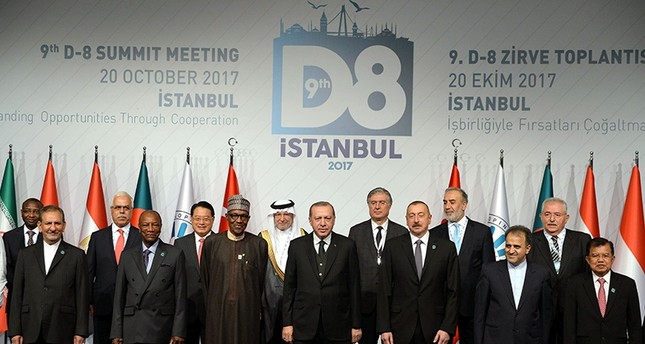

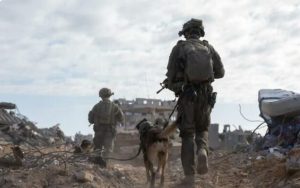
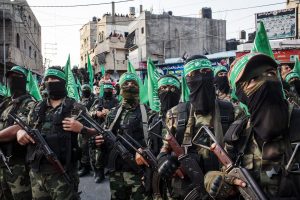

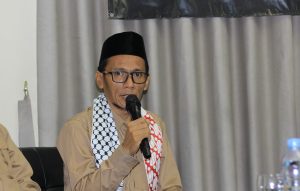
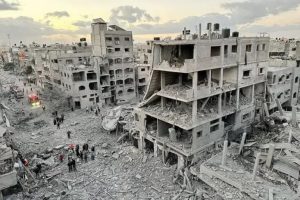


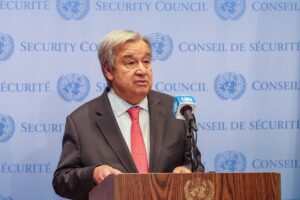
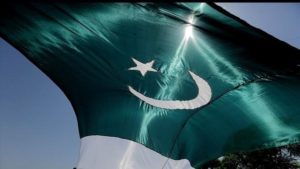
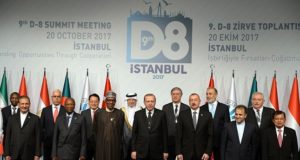
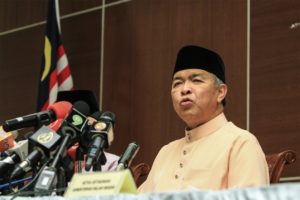
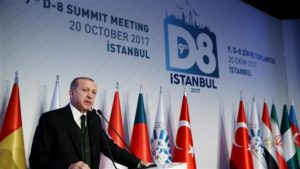
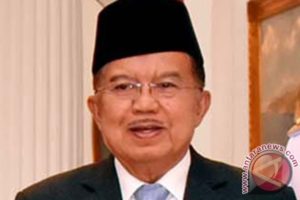



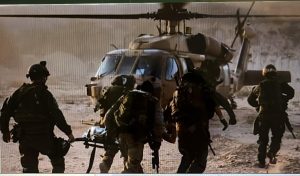
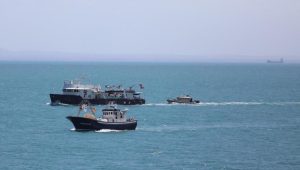
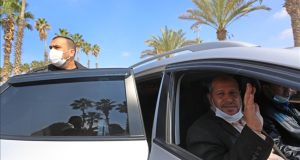
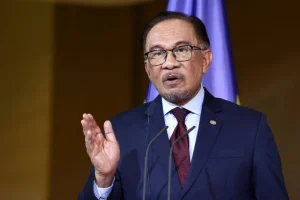
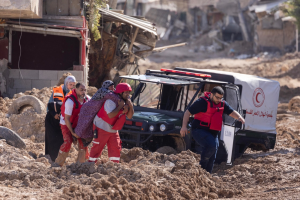
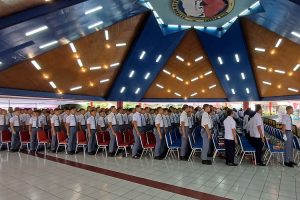
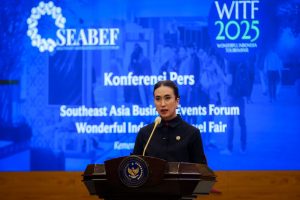
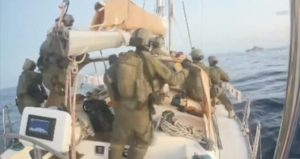
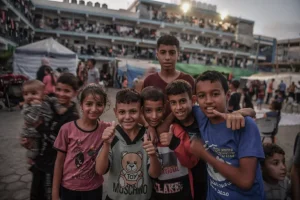



 Mina Indonesia
Mina Indonesia Mina Arabic
Mina Arabic